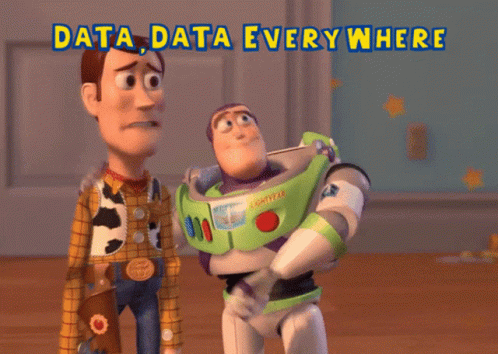Segmentation: The secret of success

Digital era has transformed the way brands interact with their audiences. But to stand out among all the information currently available, it's crucial for brands to not only communicate but do so effectively and relevantly. Proper segmentation is the key to success in your next campaign.
1)The dynamics of consumption have changed
Empowerment of the consumer: Access to information has given consumers a position of power. They can compare products, read reviews, and make decisions informed. Proper segmentation can help brands present the most relevant information to consumers, instead of overwhelming them with generalities.
Personalization of experiences: In the digital world, personalized experiences are essential. If previously a "personalized treatment" in physical stores was the norm, today this translates to showing ads, content, and recommendations tailored to the preferences and behaviors of the consumer on their main consumption platforms.
2) Evolution of analytical tools
Data, and more data: Modern tools track not just clicks or visits, but behavior patterns, interaction times, navigation paths, among others. This depth allows brands to understand not just what users do, but the reason behind these decisions.
Predictability: By understanding these patterns, brands can anticipate future needs or desires, allowing them to create proactive rather than reactive campaigns.

3) The cost of poor segmentation
Financial Repercussion: A bad segmentation means wasted resources on uninterested audiences, reducing the ROAS (Return on Advertising Spend).
Impact on Reputation: Campaigns that don't connect with their audience can be seen as spam or, worse, can offend or alienate potential customers, damaging the brand's perception.
4) Segmentation and omnichannel
Consumer Journey: A consumer might start their journey on a social network, continue to a website, and finish on a mobile app. Proper segmentation allows tracking and understanding this journey, offering consistent messages at all touchpoints.
Message Cohesion: Ensuring the message is coherent across all channels increases trust and facilitates the purchase decision. The consistency, clarity, and continuity with which a brand communicates its values, offerings, and promises to the public are important for a successful campaign. This cohesion is crucial for building recognition and loyalty.
5) Competitive advantage
Identification of Niches: Good segmentation can reveal previously unattended or poorly attended target markets, providing unique opportunities for brands.
Loyalty: By exceeding the expectations of a specific segment, loyalty is generated, which not only ensures repeat sales but also the possibility that these customers become brand ambassadors.
6. Experimentation and continuous learning
A/B Tests and More: Segmentation allows for specific tests for each group, identifying which strategies are most effective for each segment. For example, you could test two different headlines for an ad and measure which one gets a higher CTR (Click Through Rate).
Constant iteration: As data is collected, it's possible to adjust and redefine the strategy, making campaigns increasingly effective. Marketing platforms provide real-time data that allow us to adjust campaigns on the go, which is especially useful for long-term or high-budget campaigns, where adjustments can mean significant differences in ROAS.

Segmentation is not just about dividing the audience into categories or groups based on certain characteristics, it's about deeply understanding the motivations, needs, and behaviors of those segments and then tailoring the message, channel, and method of delivery to them.
Consumers are not just looking for products or services, they are seeking personalized experiences and solutions. Once we understand this, we can deduce that proper segmentation not only improves ROAS but also elevates the relationship between brand and consumer to a more intimate and significant level.
Segmentation is not just a strategy to consider, it is the fundamental pillar on which the most effective and resonant campaigns are built, it is the essence of modern digital marketing.



